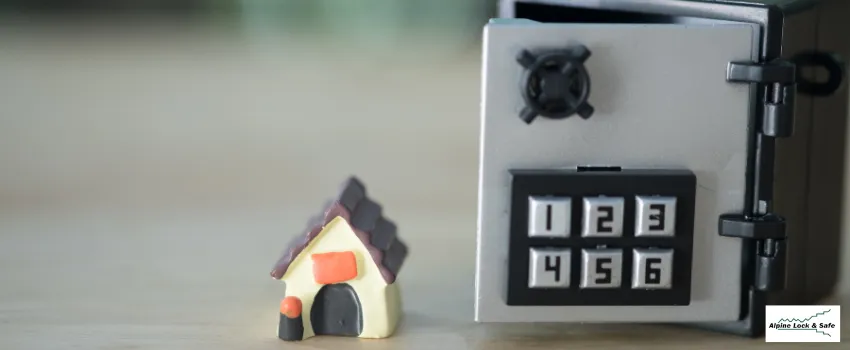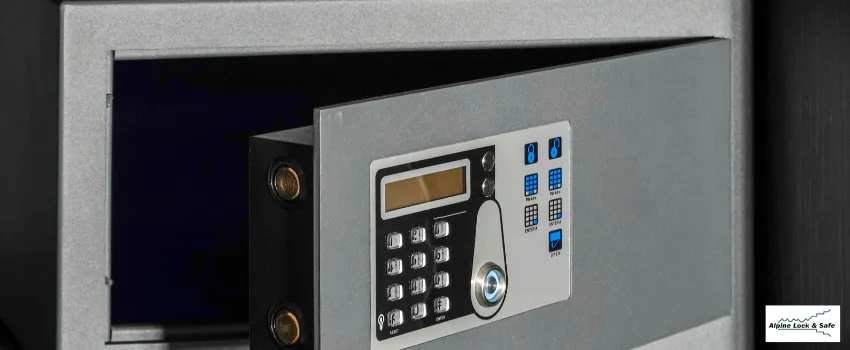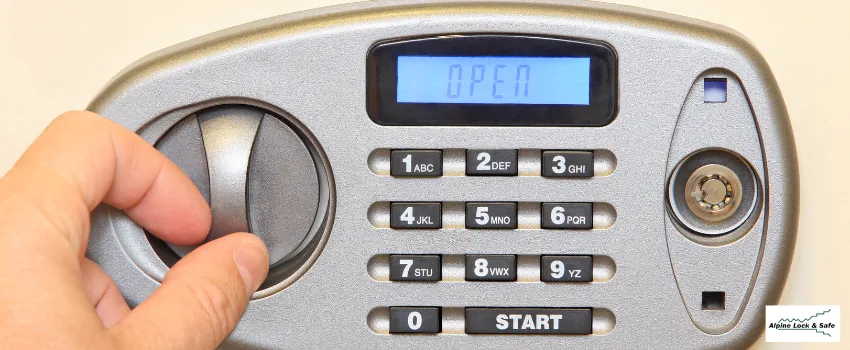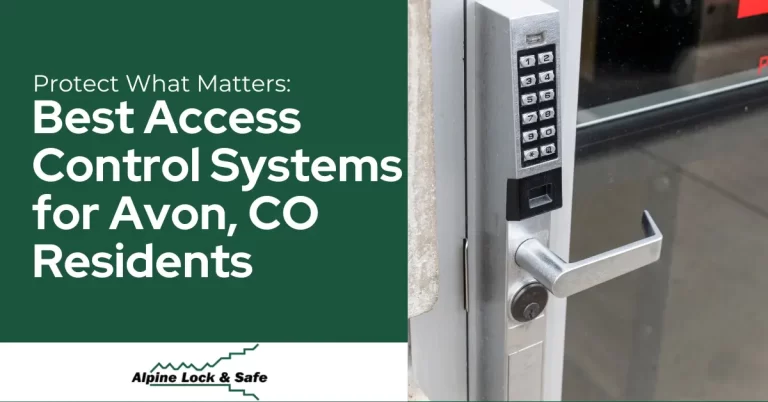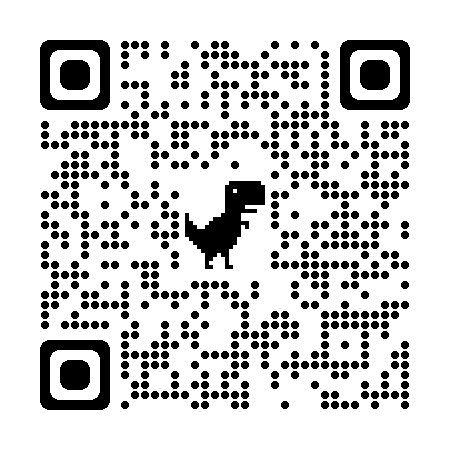When keeping your valuables secure, having a reliable safe is a must. Whether you’re safeguarding important documents, jewelry, or cash, a safe protects against theft and unforeseen disasters.
However, with the numerous options available on the market, buying a safe for home security can be a difficult task. It would be best to consider various factors to ensure that the safe you choose meets your security needs.
To help you make an informed decision, we’ve compiled a list of ten essential questions to ask when buying a safe for home security. Read on to discover these questions and how they can guide you in selecting the right safe for your needs.
Questions to ask before buying a safe for home possessions
When buying a safe for home security, it’s crucial to consider and understand the decision carefully. A home safe is not just a purchase; it’s an investment in protecting your most valued possessions.
To help you navigate these important decisions, let’s dive into the critical questions that will guide you in selecting the ideal safe for your home’s security needs.
1. What are you planning to put in the safe?
The first and most crucial consideration when buying a home safe is determining what you intend to store in it. Different items have different security requirements, so you must choose a safe to protect your valuables.
For instance, buy a safe for home possessions if you’re primarily storing important documents, such as passports and birth certificates. You’ll want a fireproof and water-resistant safe to protect against damage in a fire or flood.
On the other hand, you should also buy a safe for home items when storing high-value possessions like jewelry or firearms. You’ll need a safe that offers secure locking mechanisms and possibly additional security features.
2. How much space do you have?
The second question before buying a safe for home items is how much space you have available to accommodate the safe. Safes come in various sizes and shapes, so it’s essential to consider the dimensions and weight of the safe relative to the location where you plan to install it.
Before you buy a safe for home security, take time to measure the area and consider any logistical challenges affecting the safe’s delivery and installation, such as narrow doorways or tight corners. It’s no use finding the perfect safe if it can’t fit through your door!
3. Do you want a portable or fixed safe?
The next question to consider when buying a safe for your home is if you want a portable or fixed safe. Portable safes offer the benefit of easy relocation, allowing you to move your valuables to different areas of your home or even take them with you when traveling.
On the other hand, buying a home safe with fixed or bolted-down safes provides added security as they are not easily accessible to thieves. Consider the trade-offs between convenience and security in making your decision. If you’re leaning towards a fixed safe, it’s a good idea to identify the location in your home where it will be installed.
4. What type of lock do you prefer?
The type of lock you prefer is another crucial factor to think about when buying a home safe. Here are a few common options to consider:
- Key Locks – These are the traditional, tried-and-true locks that require a physical key to open. They are reliable but can be vulnerable to key loss or theft.
- Combination Locks – These locks require dialing a specific combination to access the safe. Combination locks can be time-consuming but offer the advantage of not needing a key.
- Electronic Keypad Locks – These modern locks use a keypad and a unique PIN code for access. They are convenient and allow for quick entry, but the risk of forgetting the PIN or the lock malfunctioning is something to consider.
- Biometric Locks – These advanced locks use fingerprint or retinal scans to unlock the safe. They offer convenience and enhanced security, but they tend to be more expensive than other lock options.
Each type of lock has pros and cons regarding convenience and security, so think about which factors are most important to you.
5. How much is your budget?
Buying a safe for home security is an investment, so it’s essential to determine your budget early on. Safes can range in price from a few hundred dollars to several thousand, depending on size, construction quality, and security features.
Having a clear budget will help you narrow your options and focus on safes that offer the best value within your price range. Remember, though, that while it’s tempting to go for the cheapest option, there are better moves than compromising quality when safeguarding your valuables.
6. Are you considering any specific brands?
If you’re considering any specific brands, it’s also worth asking this question. Some well-known safe manufacturers have established a reputation for producing high-quality and reliable products. Researching and reading reviews about different brands can give you a sense of their security and customer satisfaction track record.
However, don’t limit yourself to these brands alone. Many other lesser-known manufacturers offer excellent safes at competitive prices. Take the time to explore your options and consider factors beyond the brand, such as each safe’s specific features and certifications.
7. Can the safe be easily serviced and repaired?
When buying a safe for home security, you’re not just purchasing a security device but also entering into a long-term commitment. Safes, like any other mechanical or electronic equipment, may require servicing and repairs at some point to ensure they continue to function effectively.
Before making a final decision, inquire about the availability of service and repair options for the safe you’re considering. It’s ideal to choose a safe from a manufacturer that offers a warranty and has a network of trained technicians. This way, if any issues arise in the future, you can have them addressed promptly and without hassle.
8. Does the safe meet any industry standards?
One of the most important questions to ask when buying a safe for home security is whether the safe meets any industry standards. Various certifications and ratings are given to safes that have undergone rigorous testing for their resistance to threats, such as theft, fire, or explosions.
When buying a safe for home security, look for safes certified by recognized organizations in the security industry.
A few examples include Underwriters Laboratories (UL), which provides ratings for fire and burglary resistance, and the National Institute of Standards and Technology (NIST), which sets standards for the strength and durability of safes.
Buying a home safe with these certifications gives you added confidence that the product has been proven to perform as advertised in real-world security scenarios.
9. How resistant is the safe to fire and water damage?
If you’re buying a safe for your home for storing documents, it’s crucial to consider its resistance to fire and water damage. Look for safes tested and rated for their ability to withstand high temperatures and different fire hazards, such as with a UL fire rating.
Fire-resistant safes are typically categorized based on the length of time they can protect their contents in a fire. The categories range from 30 minutes to several hours.
When buying a safe for your home, choose a safe with a fire-resistance rating that aligns with the types of documents you want to protect and the average response time of your local fire department.
10. How easy is it to use the safe?
No matter how secure a safe is, it should be easy to use to maximize your experience. Consider the following when buying a home safe:
- Accessibility features – If you have mobility issues or prefer convenience, look for safes with accessibility features like illuminated keypads, interior lights, and motorized locking bolts when you buy a safe for home security.
- Size and weight of the safe – Ensure that you can comfortably handle the size and weight of the safe when buying a safe for your home. Large, heavy safes may require professional installation, adding to the overall cost.
- User manual and customer support – When buying a safe for your home, it’s essential to check if it comes with a clear and detailed user manual. Having reliable customer support can also be beneficial if you encounter any issues with the safe.
The Bottomline
When buying a safe for home security, carefully consider what you’ll store, as different items necessitate varying security levels. Assess the space for a portable or fixed safe and choose a lock that offers security and ease of use. While budgeting is important when buying a home safe, quality shouldn’t be compromised. Explore various brands and ensure the safe is serviceable, preferably by a professional locksmith, for long-term reliability.
If you want to buy a safe for home security and storing documents, check for fire and water resistance. Finally, the safe should be user-friendly. Keep in mind that professional locksmiths can assist with installation and maintenance, ensuring your safe is a secure and convenient addition to your home security.
Protect the safety of your belongings with Alpine Lock and Safe’s expertise!
Secure your home and safeguard your valuables with the trusted expertise of Alpine Lock and Safe. We specialize in residential locksmith services in Vail and are dedicated to providing quality security solutions tailored to your unique needs.
Whether purchasing a new safe or upgrading your home security, our experienced team is here to offer professional advice and reliable service. Contact Alpine Lock and Safe today to enhance your home’s security with our expert locksmith services!


